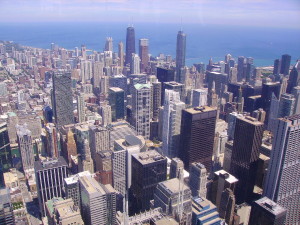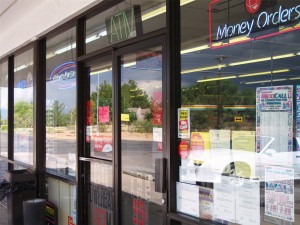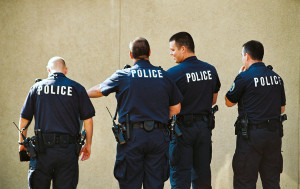
Like most cities, Chicago’s violent crimes seem local to certain areas and districts. Those areas taint the entire city with their reputation of violence. Specifically, neighborhoods that are infested with gangs and street thugs, like Austin and Englewood, have a murder rate that is much higher than any other part of the city. But when anyone thinks about Chicago, they think that it is one large area where gangs rule. Sociologist refers to this typically as the “crime gap.” Theory has it that the “crime gap” advances as the “income gap” gets wider; that they are linked in such a way that unemployment and poverty creates the atmosphere where wants and needs conjoin to create the stagnant pond that eventually gives birth to crime and violent behavior. This theory is played out in neighborhood after neighborhood. The most crime infested communities are those where poverty is the rule of the day.
Fixing the Problem is Harder Than You Think
Theories aside, is there a way to fix this problem? A good start would be to bring industry back into the communities, but employers are not likely to relocate into areas overrun with violent crime. To end poverty, you need to bring employers back into the inner cities but the employers will not come back unless crime can be controlled. Entitlement programs are bandages in a situation that needs a tourniquet. Those that can move out of the city altogether, are doing so.
 Chicago Criminal Lawyer Blog
Chicago Criminal Lawyer Blog





